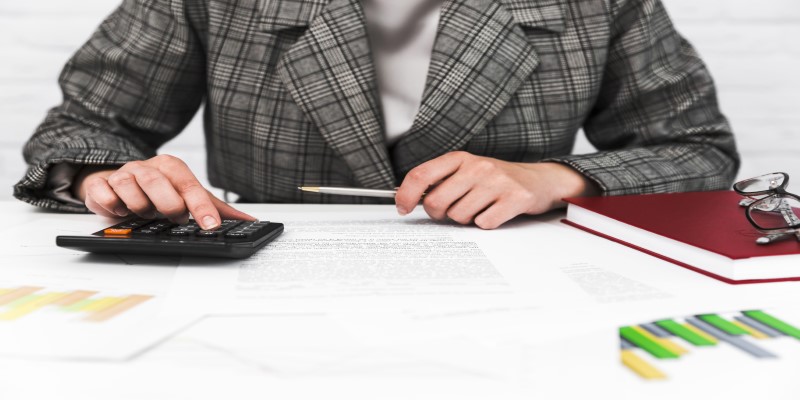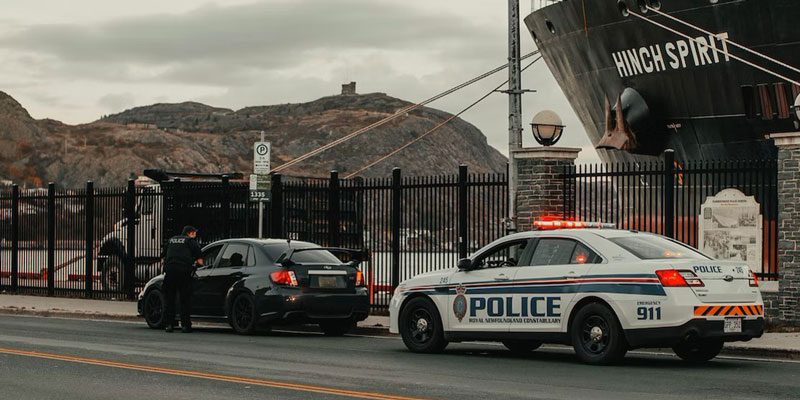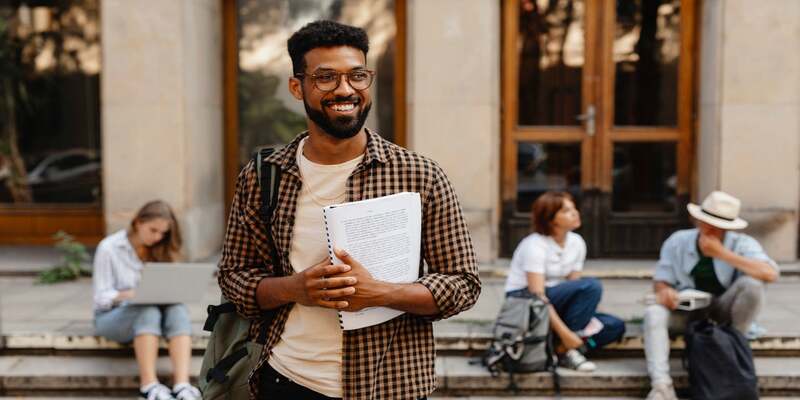Dec 30, 2023 By Susan Kelly

Raw materials are the backbone of the global economy. Commodities present an opportunity for astute investors to capitalize on price fluctuations but doing so may involve higher risk and a greater need for specialized expertise than investing in more traditional assets such as stocks and bonds.
Exactly What Is Involved In Commodity Trading?
Based on the price of a physical commodity, futures contracts are commonly used in commodity trading. Investors speculate on a commodity's future price by buying or selling futures contracts. They "go long" on a commodity if they anticipate a rise in its price and "short" if they anticipate a decline in that price by selling futures contracts.
Trading Commodities: A Guide

Oil and gas, metals like gold and silver, like cocoa, and sugar are just some of the many products that can be bought and sold in commodity trading. Trading in commodities is at least as old as the financial markets themselves. Trading commodities on a regulated exchange for the first time occurred in Amsterdam in 1530.
Firm Selection
Selecting a commodity brokerage business is the initial step in opening an account. The brokerage firm will act as your account custodian and trade executor. There is a wide variety of brokers available, including full-service firms and internet discount brokers.
The ideal option for you depends on your specific requirements. While a full-service broker will gladly make trading suggestions, anyone using a futures broker online is on their own.
Full-Service

When opting for full service, a key consideration is which commodity broker you will be working with. Just like in any industry, some brokers are better than others. You should probably consult a broker if you want to learn more about the markets or get some trading advice. The risk of rapid financial loss increases if your broker is not a skilled trader. Find a broker you click with and who provides the services you need.
Steps
There is a review and approval process involved when opening a trading account. Commodity futures trading involves a substantial risk for both you and your brokerage. Trading futures contracts carry a high risk of substantial loss and can wipe out an investor's capital.
That's why any good broker checks with their clients to ensure they have sufficient funds to cover potential deficits. In addition, brokers must verify their clients' suitability for commodity trading to avoid legal repercussions.
Online Commodity Trading With CMC Markets
Start A New Bank Account.
Sign up for a real trading account with us, or get some practice on our practice platform.
Pick Your Target Audience.
Decide which commodity market asset you wish to spread or trade CFDs on.
To Purchase Or To Sell, That Is The Question.
If you think prices will go up, buy go long, and if you think prices will go down, sell go short.
Input The Size Of Your Trade.
You can spread wager a certain amount per point's movement or buy a certain number of units with a contract for difference. It's important to remember that the value of a single unit in contracts for difference (CFDs) trading might change based on the underlying instrument.
Take Precautions.
Guaranteed stop-loss orders are available, among other stop-loss options (GSLOs). When you place a guaranteed stop-loss order, the broker promises to terminate your position at the price you choose, regardless of market volatility or gaps, in exchange for a premium.
Keep An Eye Out.
It would help if you kept an eye on your open positions after making a trade, including any stop orders or take profit orders, to track your real-time profit or loss. The risk of losing more than you deposit is always present.
Drop your guard.
Do not wait for a stop or take profit order to be triggered before closing out a trade; instead, do so when you are ready.
Trading With A Spread On A Variety Of Commodities
Contrasting bets on the same or related markets constitute a commodities spread. Because spreads are less sensitive to short-term market movements than futures contracts, this approach carries a little reduced risk.
Where Can I Even Begin With Commodity Trading?
Before entering the commodity market, you must determine whether you want to spread bets or trade CFDs. You should be proficient in these key commodity trading approaches. Then, here's how to set up a trading account.
- Join a virtual or real-money commodity trading platform today.
- Open a real account immediately and start trading on the commodity market.
- Alternatively, you can use our demo account to get some experience first, with £10,000.
Conclusion
Investing or trading in commodities can help diversify a portfolio and hedge against risks such as inflation. Trading in commodities has the potential for substantial profit but is also fraught with peril. The dynamics of supply and demand in the commodities market and inflation are vital to comprehend. As always, due diligence, care, and persistence are required.
-

Understanding American Fidelity Life Insurance: A Comprehensive Guide
May 07, 2024
-

Navigating Through the Insurance: A Guide for E-Commerce Businesses
Jan 31, 2024
-

Most Common Indicators of Trend Trading
Nov 20, 2023
-

What Is Contractors Professional Liability Insurance?
Nov 19, 2023
-

How To Use 529 Funds To Pay For Overseas Education
Jan 19, 2024
-
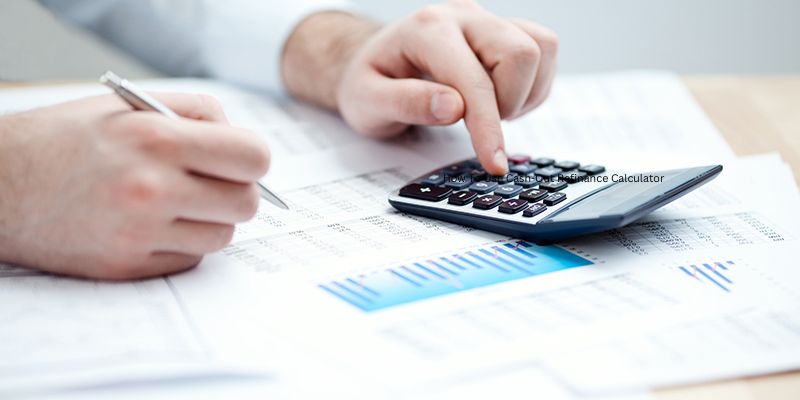
How To Use Cash-Out Refinance Calculator
Oct 28, 2023
-
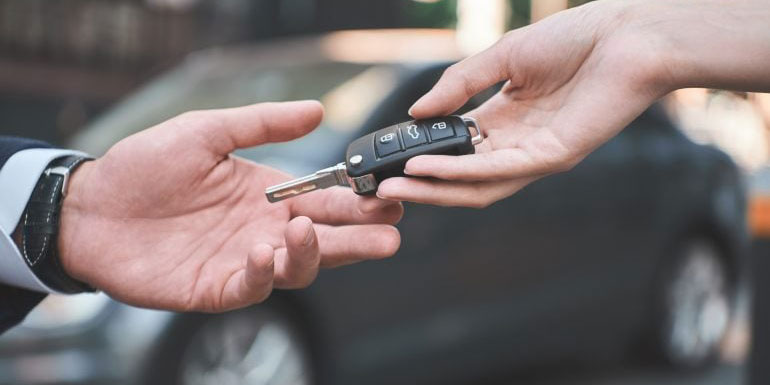
Buying a Leased Car
Oct 21, 2023
-
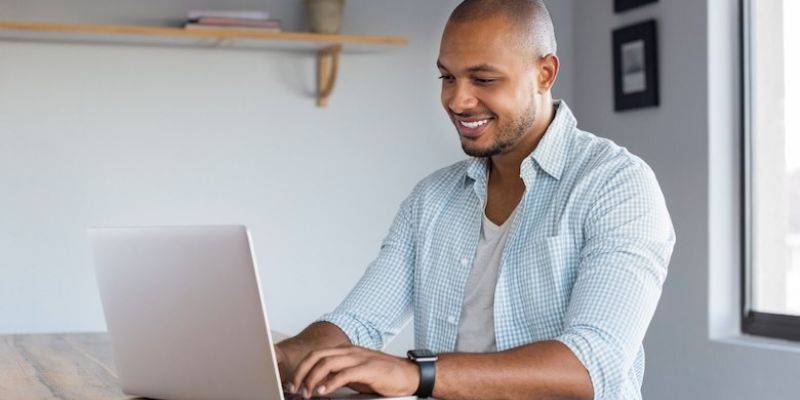
What is Bull Put Credit Spread
Nov 10, 2023
